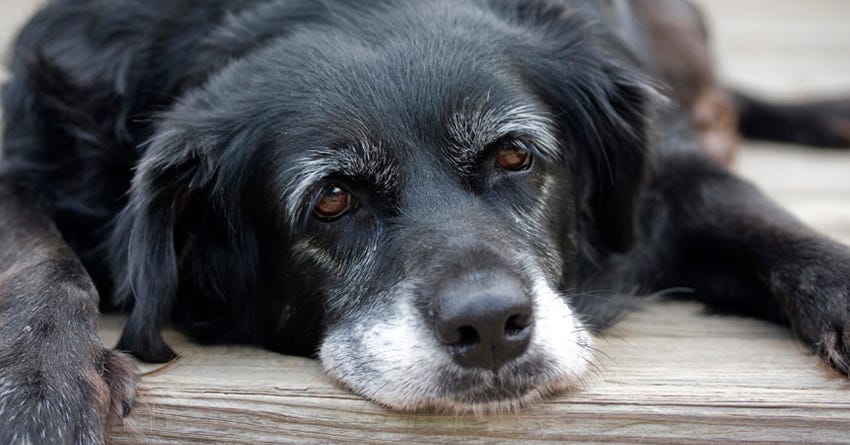8 Tips for Feeding Senior Pets

Our pets only get more adorable with age. Keeping them in top shape isn't always easy, though.
Your dog's slower pace and white muzzle are obvious signs of his increasing age. Your cat's stiffness in the morning and the increase in the time she spends asleep show the same thing. Although good nutrition is important throughout your pet's life, as he grows older how and what you feed him may become increasingly important. As with all things, however, every senior dog and cat is an individual; changes must be based on your pet's overall health. Here are some tips, however, that might work for your pet.Raise the Bowls
If your pet is showing some stiffness in his neck, shoulders, elbows or spine or has been diagnosed with arthritis, raising his food and water bowls can make eating and drinking more comfortable. For a small dog or cat, just lifting the bowls a couple of inches could be enough. For a medium sized dog, the lower step of a step stool is good while the second step might work for a larger dog. There are also commercially available raised food stands of various heights. As a general rule, if the top of the bowl is at elbow height your pet should be able to eat with comfort.Several Meals per Day
Feeding your pet several small meals per day rather than one or two larger ones will help his digestive tract process the food better. Just measure out his food for the day and then divide it into several smaller meals without increasing the overall amount of food. If your schedule will allow it, a small meal every four hours or so is great. Keep in mind that with a change in meals, he'll probably have to relieve himself more often too, so give him the chance to go outside.Commercial Foods for Senior Pets
There are a number of commercial foods available for older dogs and cats. However, neither the Association of American Feed Control Officials (AAFCO) nor the National Research Council (NRC) provide guidelines for senior foods. These two organizations are the primary groups overseeing pet foods so without guidelines, the recipes are left up to the manufacturers. Therefore, senior foods vary widely in calorie count, protein levels, and ingredients. A commercial senior diet is not necessarily a good choice for your pet just because it's labeled for seniors. Instead, if you're feeding a commercial food, look for one that is for all life stages. ©istockphoto/Atlantagreg
©istockphoto/Atlantagreg